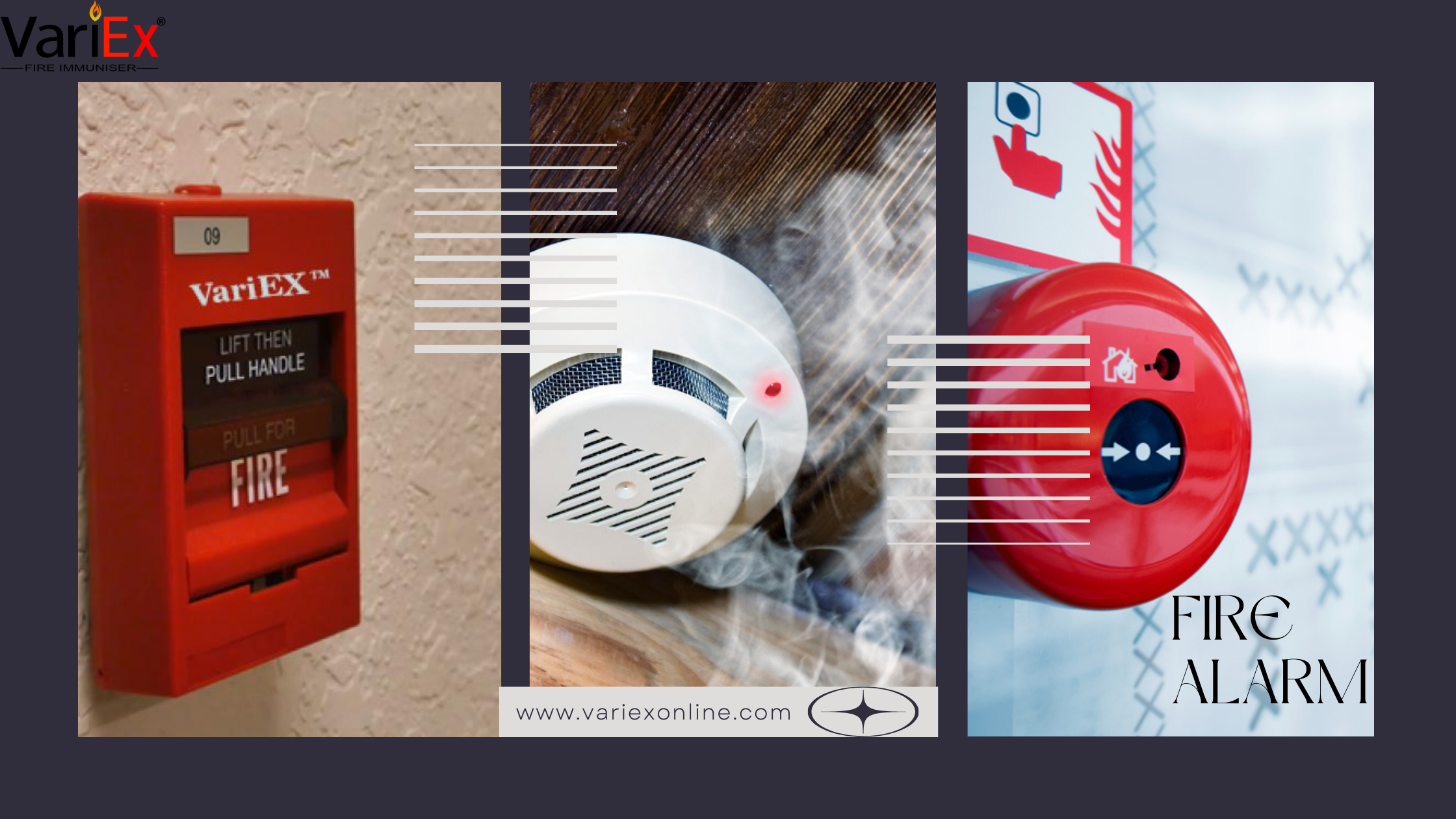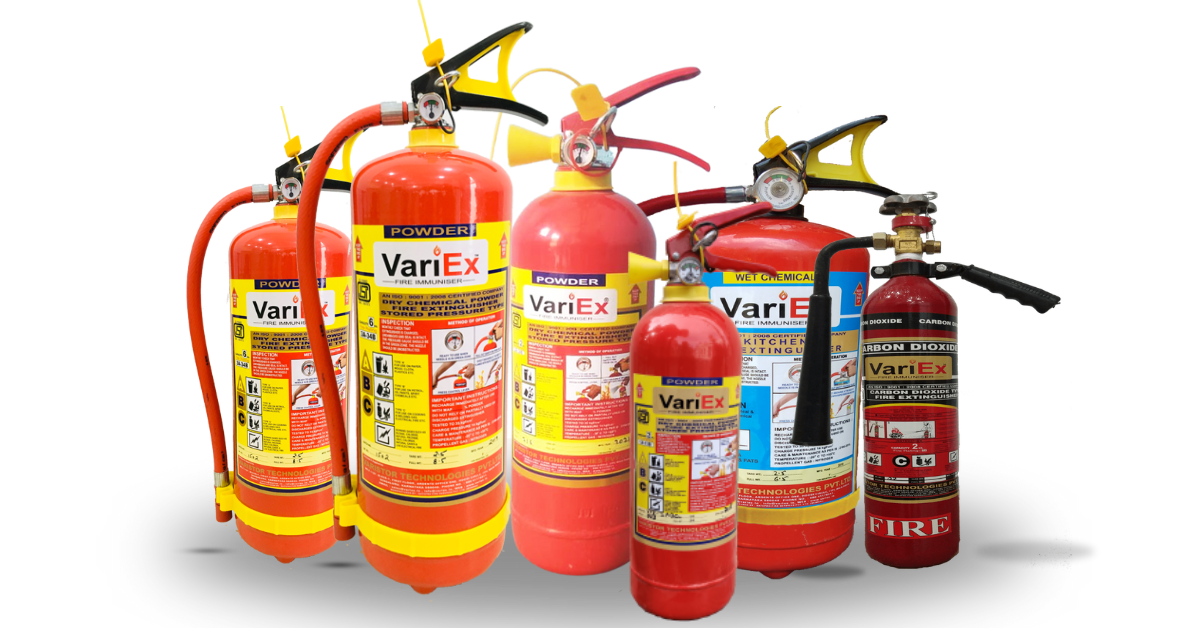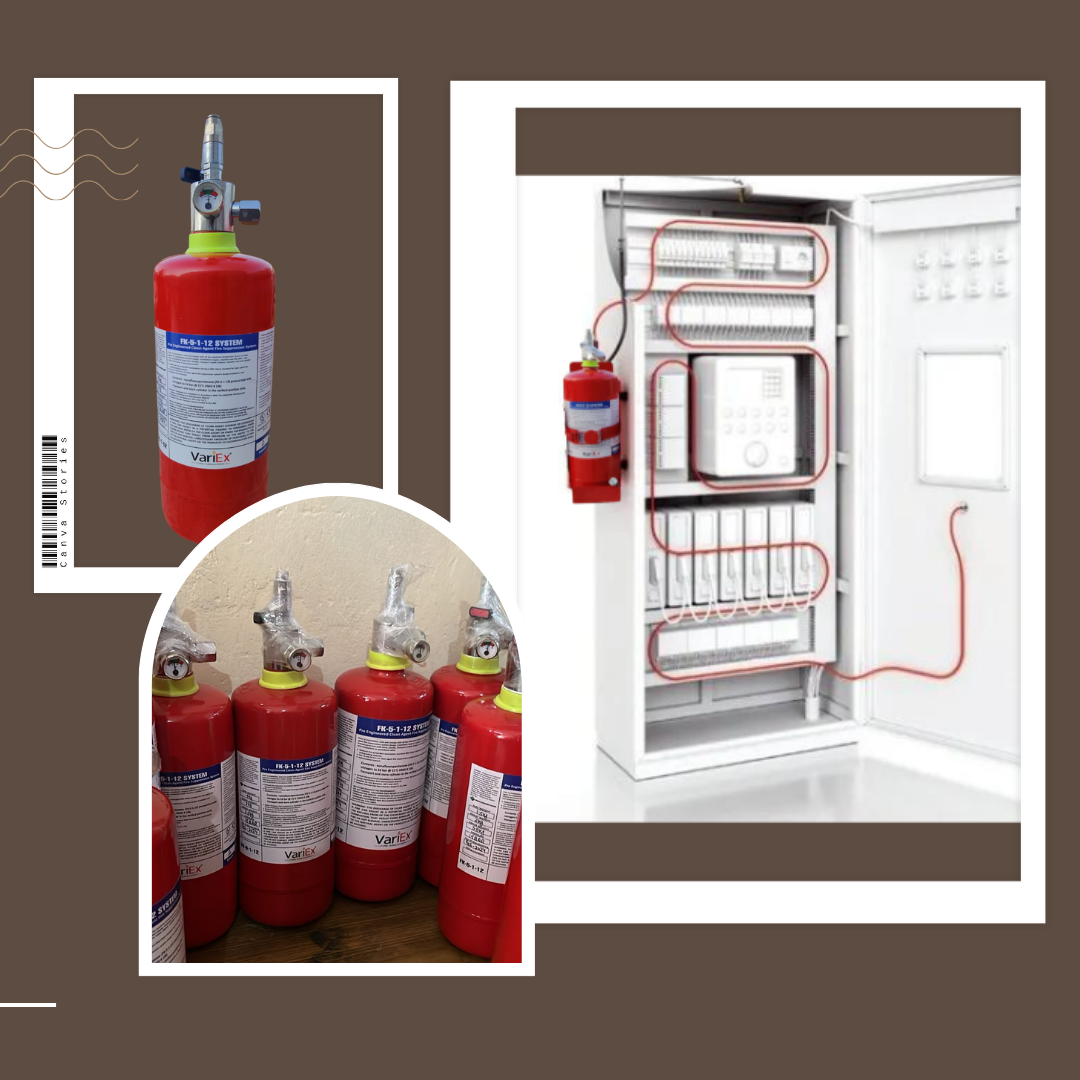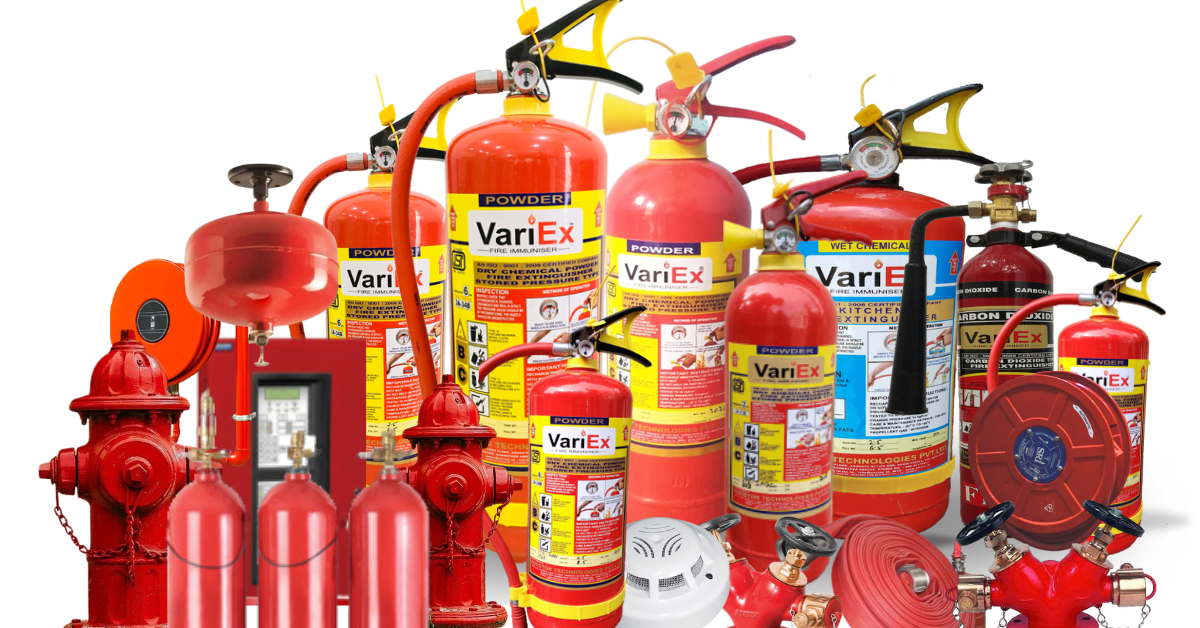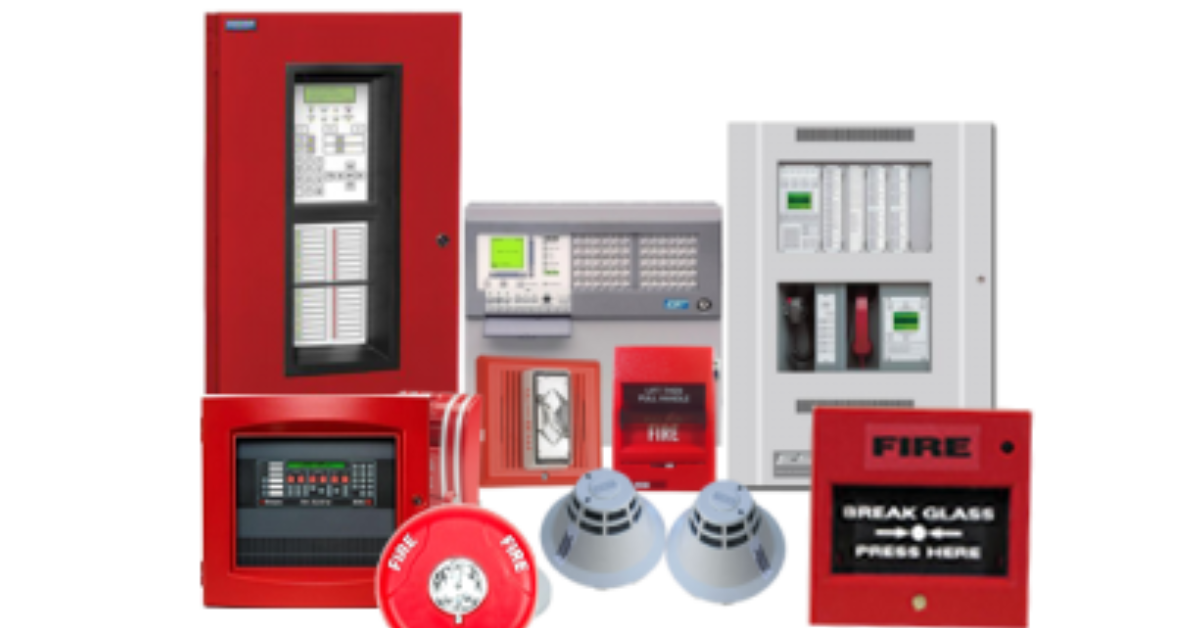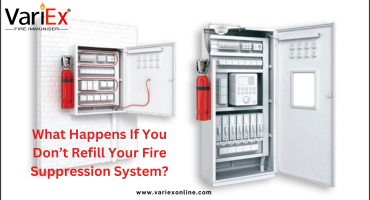![]()
Fire Immuniser
+91-7829629111
Email: info@variex.in
Varistor Technologies Pvt. Ltd.
Block-1, First Floor, Ardente Office One, Hoodi Circle, ITPL Main Road, Bengaluru, Karnataka 560048, IN
What Is Fire Alarm Panel
What Is Fire Alarm Panel
When discussing fire safety and prevention, one inevitable and essential tool always comes to mind: fire alarm systems. Among the critical components of these systems is a device commonly referred to as a Fire Alarm Control Panel (FACP), or simply a fire alarm panel. A fire alarm panel is responsible for receiving information about changes in the environment identified by connected sensors, interpreting this information, and making decisions about what outputs or actions the system should perform. In this article, we'll delve into the world of fire alarm panels and provide comprehensive insights about their importance, functionalities, types, and more.
The Importance of Fire Alarm Panels
The first response to a fire is crucial, making every second count. Fire alarm panels undertake the important task of being the heart and brain of an entire fire alarm system. Rapid detection and response can save lives, reduce property damage, and prevent the spread of fire to neighboring buildings or properties.
A fire alarm panel acts as a two-way communication device between fire detection sensors and the alarm system's output devices. It continuously monitors the various sensors attached to the system, such as heat and smoke detectors, and ensures that these detectors are in good working condition. If a sensor detects a possible fire, it communicates this concern to the fire alarm panel. The panel then interprets this signal and, based on its programming, initiates a series of outputs such as triggering audio or visual alarms and alerts to relevant authorities.
Understanding the Basics
Understanding the fire alarm panel's basic structure and key functions is central to knowing how it serves as the control hub. Here are the main components and functions of a fire alarm panel:
Power Supply: Every FACP needs a primary power source, which is usually a direct connection to the building’s electrical supply, and a secondary or backup power source, often a battery, to take over in power failure scenarios.
Initiating Devices: These are sensors and manual triggering devices like pull stations that sent a signal to the panel when a potential fire is detected.
Annunciator Panel: An annunciator panel allows fire department personnel and system technicians to interpret the system's status. For instance, it can highlight the exact location of a triggered sensor.
Notification Appliances: These are outputs such as sirens, bells, flashing lights, speak-based alarms, and more to alert occupants and relevant authorities.
Types of Fire Alarm Panels
There are primarily three types of fire alarm panels: Conventional Fire Alarm Panels, Addressable Fire Alarm Panels, and Hybrid Fire Alarm Panels. The choice of which panel to use depends upon the size of the building, the complexity of the system, and the need for pinpoint accuracy during a fire emergency.
Conventional Fire Alarm Panels: In these systems, the building is divided into multiple sections, or zones. Each zone input is connected to the panel in a loop, hence the system knows which zone the alarm comes from but not the exact device.
Addressable Fire Alarm Panels: These panels work with a more advanced system where every device connected to it has a unique address. The panel can, thus, identify the exact device that triggered an alert, providing greater accuracy, control, and faster response times.
Hybrid Fire Alarm Panels: These systems, as the name suggests, combine the features of both conventional and addressable fire alarm panels, allowing users to control costs while experiencing the benefits of identifying the exact location of a triggered device.
Maintenance of Fire Alarm Panels
While the installation of a fire alarm panel is a crucial step for protecting a building and its occupants from fire, the importance of regular and professional maintenance should not be overlooked. Routine inspection and testing help ensure that all sensors, initiating devices, and output apparatus are in optimal condition and are acting in synchrony with the control panel.
When hiring professionals to conduct these regular checks, it is essential to consider their expertise and experience with fire alarm systems, as various regulations and standards must be met, such as those outlined by NFPA (National Fire Protection Association).
Conclusion
The fire alarm panel is undeniably essential in any fire detection and response system. Serving as the brain and heart of the system, it assures that all the connected devices collaborate to provide rapid detection and response, thereby potentially saving lives and minimizing property damage. It's important to not only understand its importance but also to ensure the regular maintenance and compliance of these systems with set standards. Now that you possess a comprehensive understanding of fire alarm panels, you are well-equipped to make informed decisions about fire safety in your property.
Explore our products Range
Final Say
At VariEx.in and VariexOnline.com, we specialize in supplying and installing top-quality fire fighting systems and equipment. From fire extinguishers to advanced suppression systems, we offer comprehensive solutions tailored to your needs. Our experienced team ensures precise installation and maintenance for optimal safety.
Trust VariEx for reliable fire protection. Contact us online or call 7829629111 to learn more.
"WHAT YOU CAN READ NEXT"
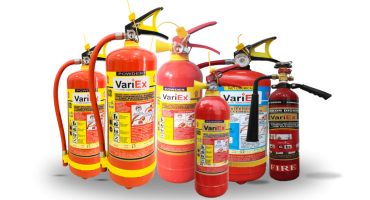 Read more +24 November 2023 in Fire Extinguisher
Read more +24 November 2023 in Fire ExtinguisherWhat types of fire extinguishers are available for different fire classes?
 Read more +11 April 2025 in Fire Suppression
Read more +11 April 2025 in Fire Suppression

